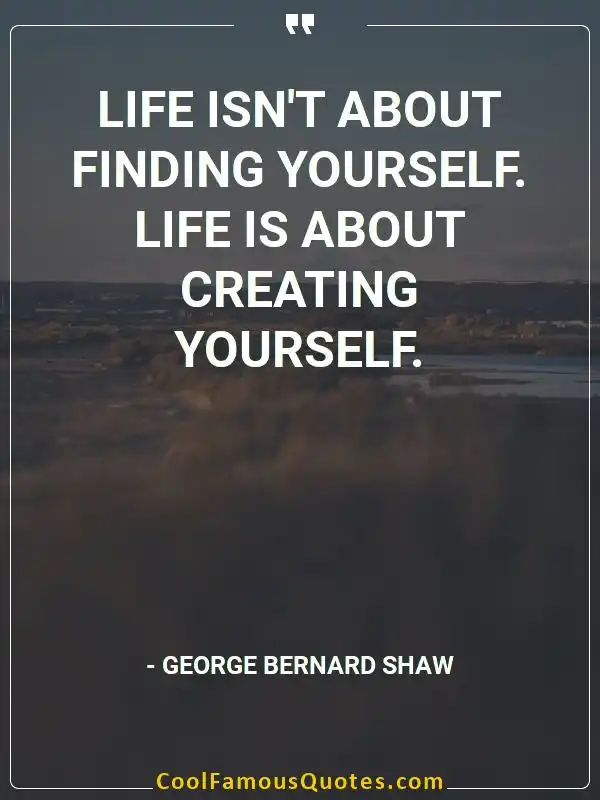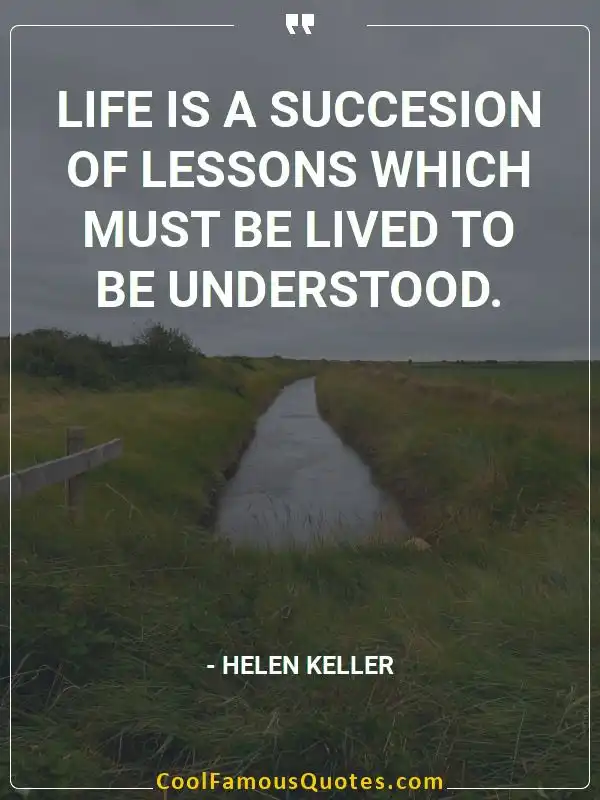“The Kafka paradox: art depends on truth, but truth, being indivisable, cannot know itself: to tell the truth is to lie. thus the writer is the truth, and yet when he speaks he lies.”
Decryption of quote
The Kafka paradox: Imagine a world where art and truth are intertwined, where one cannot exist without the other. This is the paradox that Franz Kafka explores in his writings. He delves into the complex relationship between art and truth, revealing a profound insight into the nature of human existence.
Art depends on truth: In Kafka's world, art is a reflection of reality, a mirror that shows us the truth of our existence. Artists draw inspiration from the world around them, capturing the essence of life in their creations. Without truth, art loses its meaning and becomes mere fiction.
Truth, being indivisible, cannot know itself: Truth is a mysterious and elusive concept, something that is difficult to grasp and define. It is a paradoxical entity that cannot be fully understood or contained. Like a puzzle with missing pieces, truth remains a mystery that we can never fully unravel.
To tell the truth is to lie: In Kafka's world, the act of revealing the truth paradoxically becomes a form of deception. When we try to convey the truth through words, we inevitably distort it, shaping it to fit our own perceptions and biases. The truth becomes a subjective interpretation rather than an objective reality.
Thus the writer is the truth: Kafka suggests that the artist, particularly the writer, embodies the truth in its purest form. Through their creations, writers capture the essence of reality, offering a glimpse into the deeper truths of existence. They become the vessel through which truth is expressed.
And yet when he speaks he lies: Despite being the embodiment of truth, the writer is also a master of deception. Through their words and stories, writers manipulate reality, creating illusions and distortions that blur the line between truth and fiction. They are both truth-tellers and liars, weaving a complex tapestry of reality and imagination.
In conclusion, Kafka's paradoxical exploration of art and truth challenges us to rethink our understanding of reality and perception. It reminds us that truth is a multifaceted and elusive concept, one that cannot be easily grasped or defined. Through his writings, Kafka invites us to question our assumptions and beliefs, urging us to look beyond the surface and delve deeper into the mysteries of existence.
truth writing





